GwinnettForum | Number 20.91 | Dec. 15, 2020
GWINNETT COUNTY’S FIRST RAW WATER intake into Lake Lanier has been named for former county commission chairman, Wayne Mason. He was the key person anticipating the need and finding ways to finance for growth back in the 1970s as the county was beginning its fast population shift. He’s shown here with his wife, Ann, at the unveiling of a marker commemorating the occasion last week. For more details on this honor, see Notable below. (Photo from Gwinnett County Communications Department.)
 TODAY’S FOCUS: Georgia film industry recovering by innovation, and staying safe
TODAY’S FOCUS: Georgia film industry recovering by innovation, and staying safe
EEB PERSPECTIVE: This week we celebrate the 250th anniversary of Beethoven’s birth
ANOTHER VIEW: Educational system not giving today’s students the “soft skills”
SPOTLIGHT: Howard Brothers
FEEDBACK: Our nation’s fabric of democracy has held together
UPCOMING: County/state seeks input on five proposed road projects
NOTABLE: Gwinnett names Lake Lanier raw water intake for Wayne Mason
RECOMMENDED: How the Brain Works, published by Dorling Kindersley
GEORGIA TIDBIT: Macon tailor was first Black member to speak at U.S. House
MYSTERY PHOTO: Here’s a famous painting to identify
LAGNIAPPE: Two distinctive steeples near one another in Lawrenceville
Georgia film industry recovering by innovation, and staying safe
By Emory Morsberger
Executive director, Gwinnett 85 Community Improvement District
NORCROSS, Ga. | It’s not news that the economic impact of the COVID-19 pandemic has been felt by everyone in Georgia, the country and the world. Businesses, jobs and the mental health system have all taken tremendous hits during this time of crisis and uncertainty.
The film industry, in particular, has faced some unique obstacles. Here in Georgia, the film and entertainment industry has played a critical role in the state’s economy, generating $9.5 billion in total economic impact in 2018. Before coronavirus, our state hosted a multitude of big production television shows and blockbuster movies, in large part due to Georgia’s attractive tax incentives.
Large film studios like Eagle Rock Studios Atlanta, located in both Norcross and Tucker, and Blackhall Studios, located in the Conley area, built their facilities within key Community Improvement Districts, including Gateway85 CID, Tucker Summit CID and Metro South CID. They respectively created jobs and economic opportunity not only in those areas, but also throughout metro Atlanta. The COVID-19 pandemic shut down production, leaving talent and crew without income, the housing industry unstable and those companies dependent on the film industry in jeopardy.
Like many of the businesses that found a way to adapt and thrive during these unprecedented times, Georgia’s film industry is now making a comeback with hyper vigilance on testing and safety protocols. The Georgia Department of Economic Development’s Film Office created a document of best practices for film and television productions, with recommendations of wearing personal protection equipment, regular testing, regularly washing hands, taking meals to go and when possible, making some jobs remote.
With many families stuck at home during COVID, demand for new entertainment content is high. Strict restrictions in California and New York, and in fact new shutdowns based on rapidly rising COVID cases, are also driving more productions to Georgia, positively impacting our economy. Prior to mid-November, Los Angeles’ filming completely shut down in the second quarter and has only resumed 34 percent of its productions as California’s Coronavirus cases total more than one million and more than 18,000 deaths.
Because of confidentiality agreements, studios cannot release projects currently under production. However, Eagle Rock and Blackhall studios are reporting they are back at filming capacity. According to the Georgia Film Office, in March 2020, before the pandemic, 28 projects were in production with two in pre-production. As of November 2020, 25 projects are in production, with one in pre-production, with about a 30 percent increase in production budget to account for the additional safety procedures.
What does the future hold for Georgia’s film industry? It’s hard to say, but on Tuesday, October 13, 2020, the DeKalb County Board of Commissioners voted to approve the land exchange between Blackhall Studios and DeKalb County. Since opening its studio production in 2017, Blackhall Studios has spurred economic growth to South DeKalb and created nearly 1,000 jobs.
The approved expansion plans will add another 1,000 jobs, some of which may require new skills. The land exchange will serve as a major economic development initiative in South DeKalb and the surrounding region.
While it may be a while before COVID-19 goes away, Georgia’s film studios and productions have been innovative and found a way to keep working, while staying safe. Georgia’s communities are reaping the benefit.
- Have a comment? Send to: elliott@brack.net
Celebrating the 250th anniversary of Beethoven’s birth
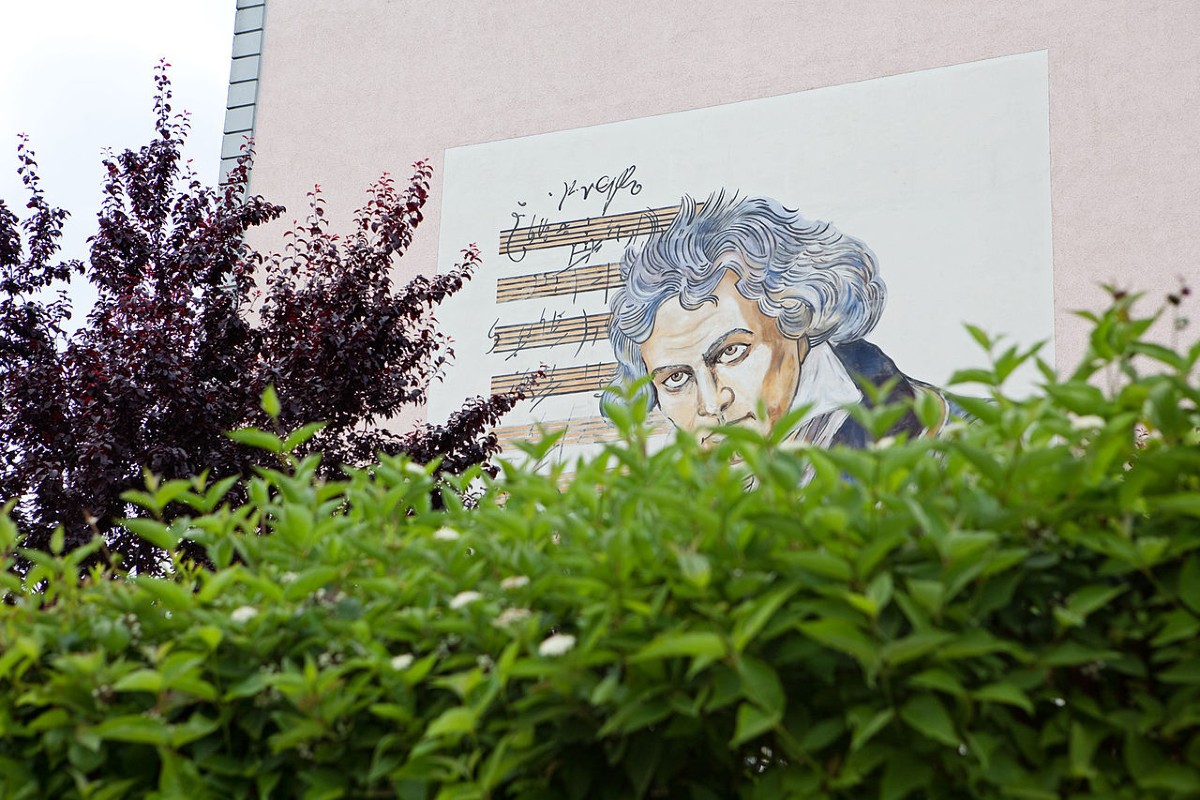
Mural painting of Beethoven on a wall in Beethovenstraße (Beethoven Street) in Leinefelde, Germany. Image via Wikipedia.
By Elliott Brack
Editor and Publisher, GwinnettForum
DEC. 15, 2020 | The Bibb County Board of Education is heavily responsible for my early love of classical music. Back when I was in grammar school, the Macon school system employed a person to travel to its elementary schools with her small 78 rpm record player, and give the students a lesson in “music appreciation.”
 That teacher was Henrietta Collins, and she came perhaps about once a month to play records of the classics for us untutored (in music) students. I particularly remember a time in the Sixth Grade, when she presented a work of Joseph Haydn, his Symphony 94, the second movement, which we were somewhat excited to hear called the “Surprise Symphony.”
That teacher was Henrietta Collins, and she came perhaps about once a month to play records of the classics for us untutored (in music) students. I particularly remember a time in the Sixth Grade, when she presented a work of Joseph Haydn, his Symphony 94, the second movement, which we were somewhat excited to hear called the “Surprise Symphony.”
Yep, that sudden loud moment in this symphony certainly surprised us! What a teaching moment that was, remembered to this day!
The other entity I’m indebted to for classical music came years later, when moving to Gwinnett County in 1974. Soon I found on the FM dial 90.1, WABE-FM, which in those times played classical music during its daytime hours. As I drove around Gwinnett, I listened to a wider array of classical composers, giving me renewed interest in music by the masters, Tchaikovsky, Brahms, Haydn, Rossini, Mozart, Handel, Chopin and many others. (Ah, thank goodness for the Long Ranger series, who used Rossini to give young kids a taste of classical music!)
Through the years, my favorite classical composer is Ludwig Beethoven. This week we mark the 250th anniversary of his birth. Some believe he was born Dec. 16, 1770 in Bonn, Germany, but no one knows the exact date for sure. It was the custom, however, to baptize children on the day after their birth, and we know that date: December 17. So Beethoven may have been born on the 16th.
He’s known for lots of beautiful music. Years ago, we bought an album of all nine of his symphonies by the Dresden Symphony, which we have often enjoyed. We like the Third and Fifth Symphonies in particular, but our favorite is the Ninth, with the robust accompaniment of a chorus. Beethoven originally scored the Ninth for 82 orchestra members, and a chorus of 80 singers. It is his only symphony where he employs a chorus.
Our favorite Ninth Symphony performance is the concert in Berlin conducted by Leonard Bernstein after the fall of the Berlin Wall on Dec. 26, 1989. Bernstein substituted the German word “freude” (“joy” in English) which Beethoven wrote, for the word “freiheit,” or “freedom” in commemoration of the fall of the wall. That brought down the packed audience when it was heard.
No matter when I hear Beethoven’s Ninth, it is a moving piece of music, with the chorus only heard in the fourth and final movement of the symphony. It still sends chills up my back as the orchestra builds to its finale. It was first given to an audience on May 7, 1924 in Vienna. Beethoven was age 53, and had not completed a major work in 10 years, and of course, by then was stone deaf. What a pity! He would die four years later.
The Ninth Symphony sets to music Friedric Schiller’s “Ode to Joy,” calling for peace and unity in the chorus’ rousing finale. That day in 1989, it was a perfect ending to that Berlin concert, particularly for East Germans, who joyfully felt the freedom after years of being sealed behind a useless wall.
Ludwig Beethoven, (1770-1827): thank you. May you rest in peace and in heaven be able to hear the great music you so beautifully composed.
- Have a comment? Send to: elliott@brack.net
Educational system not giving today’s students the “soft skills”
(Editor’s note: the author of this article speaks to his years as a teacher. –eeb)
By Alex Tillman
VALDOSTA, Ga. | A few years ago I was introduced to the term, “soft skills.” It is the new buzz word for what our grandparents knew as character and work ethic. As a career educator, I am familiar with the concept. The lack of it is what I see today in schools.
Industry is complaining that recent high school graduates lack these soft skills. I agree. Soft skills have been on the decline for years. But, what is the root cause and is the situation improving?
The root cause is excessive school accountability, which started in 2001 with the No Child Left Behind Act (NCLB). This act made schools accountable for lazy students. Before NCLB, the blame for student failure was borne by the student, not the teacher. If the student did not earn a 70 average on the test, they failed the course. These days it is the school’s responsibility to insure the students learn the material. Character and work ethic are not taken into consideration.
To offset student laziness, academic rigor has decreased in an effort to improve the pass and graduation rates. Now grades are weighted more for daily work, quizzes, or projects and less for chapter or unit tests that measure content learning. Students are often given the opportunity to make test corrections or re-test to inflate their grade. In short, we are graduating students who gave less effort in high school than their counterparts gave prior to NCLB. This has created the shortage of soft skills.
The bad news is that the problem is getting worse. Because of the pandemic, school attendance standards are being ignored. Students who do not feel well are asked to stay home and they are staying home in large numbers.
Students with no symptoms are often quarantined for days. Attendance is no longer a standard. These lessons are carried over into the workplace.
One could argue that we are over-accommodating students in an effort to make everyone successful. The measure of success today in academia is graduation. Are we doing our students a favor by decreasing rigor to “leave no child behind?” Is a diploma worth displaying if it is not earned by some amount of work? These are the questions we need to be asking ourselves.
The pandemic has added to the maze of student accommodations. Some of these are necessary in extraordinary times. My fear is the effects may last beyond the health emergency. In any arena it is difficult to take back something that has been given in the past. Absenteeism and tardiness may become a lasting symbol in our youth, but themselves absent today.
For local employers who might want to hire today’s youth, I would recommend bracing yourselves for a new wave of slothfulness. Standards of character and work ethic have been sacrificed in schools to achieve academic data.
Increasing test scores and graduation rates sounds good at Board of Education meetings, but they are at the expense of academic rigor. Don’t blame the schools. Blame the unrealistic accountability.
It would be beneficial to today’s and tomorrow’s students, if Georgia would return to holding students accountable, and for their learning the soft skills.
- Have a comment? Send to: elliott@brack.net
Howard Brothers
 The public spiritedness of our underwriters allows us to bring GwinnettForum.com to you at no cost to readers. Today’s sponsor is Howard Brothers, which has retail stores in Alpharetta, Doraville, Duluth, Oakwood and Athens. John and Doug Howard are the “brothers” in Howard Brothers. This family-owned business was started by their dad, and continues to specialize in hardware, outdoor power equipment and parts and service. Howard Brothers are authorized dealers of STIHL, Exmark, Honda, Echo outdoor power equipment and Benjamin Moore paint. Howard Brothers is also an authorized Big Green Egg, Traeger Grill and YETI Cooler dealer.
The public spiritedness of our underwriters allows us to bring GwinnettForum.com to you at no cost to readers. Today’s sponsor is Howard Brothers, which has retail stores in Alpharetta, Doraville, Duluth, Oakwood and Athens. John and Doug Howard are the “brothers” in Howard Brothers. This family-owned business was started by their dad, and continues to specialize in hardware, outdoor power equipment and parts and service. Howard Brothers are authorized dealers of STIHL, Exmark, Honda, Echo outdoor power equipment and Benjamin Moore paint. Howard Brothers is also an authorized Big Green Egg, Traeger Grill and YETI Cooler dealer.
- Visit their web site www.howardbrothers.com.
Our nation’s fabric of democracy has held together
Editor, the Forum:
![]() Our country has endured an attack on the election results, the very basis of our democracy. It’s time to accept this fact: Joe Biden won the U.S. presidential election.
Our country has endured an attack on the election results, the very basis of our democracy. It’s time to accept this fact: Joe Biden won the U.S. presidential election.
On December 14, as dictated in the U.S. Constitution, presidential electors from each of the 50 states met and voted and affirmed the will of the popular vote.
Since the election outcome didn’t go his way, President Donald Trump has done everything in his power to undermine the election and our nation, focused on four major battleground states that he lost. By doing so, the President has attacked and attempted to rip apart the very fabric of our democracy—-not just with his words, but with bullying of governors, secretaries of state, legislators, even state attorneys general.
Many stood strong, upholding their oath of office to defend their own state Constitution and the U.S. Constitution.
At the same time, a flood of frivolous lawsuits were filed throughout the land. In all, judges have thrown out more than 50 of these, citing a total lack of evidence.
Then, a last-ditch lawsuit hatched by the Texas attorney general, under indictment for securities fraud with maybe a Trump pardon on his mind, sought to overturn the election results in Wisconsin, Michigan, Pennsylvania and Georgia.
The U.S. Supreme Court quickly and decisively rejected this ridiculous lawsuit, ending any last-gasp attempt to disenfranchise almost 40 million voters in those four states.
Can you imagine being told your vote didn’t matter? Mine did. So did yours.
We have our country’s judicial system to thank. We have a free press to thank.
We also have Georgia Secretary of State Brad Raffensperger to thank, along with Georgia Attorney General Chris Carr, Georgia elections manager Gabriel Sterling and local poll workers.
Yes, truth matters. Integrity matters. The fabric of our democracy has held together – though tattered and torn.
— Billy Chism, Toccoa
Which state to lead the Senate: Kentucky or Georgia?
Editor, the Forum:
Republicans recently have aired political commercials saying Georgia voters will let Chuck Shumer and Nancy Pelosi lead our nation if they elect Jon Ossoff and Rev. Raphael Warnock. In other words, Democrats will have a majority in the Senate.
But if Ossoff and Warnock don’t win, Kentucky voters will continue leading the U.S. with their Republican Senator Mitch McConnell as the majority leader.
Republicans gained Senate majority after Democrat President Barack Obama served his first two years in office, McConnell immediately demanded Senators stop any future projects suggested by Obama. They did exactly that. They wouldn’t even allow a hearing for Obama’s Supreme Court nominee.
At least Georgians can vote Ossoff and Warnock out if their actions are not suitable. Now, according to latest news reports, Kentucky’s McConnell senators are refusing to compromise on the badly needed bipartisan coronavirus relief bill.
— Alma Bowen, Gainesville
Appreciates endorsements in Senate races
Editor, the Forum:
Thank you for your courage in endorsing Warnock and Ossoff!
— Alana Moss and Scot Femmer, Duluth
Dear Alana and Scott: Your short praise causes this reply. It was not courage that prompted this endorsement. It is a responsibility. My strong beliefs are that newspapers (and social media sites commentary such as our Forum), have a responsibility to give guidance to its readers. Unfortunately, many newspapers are led by bean-counters now who do not understand old-time journalistic values, and feel it will hurt the newspaper should they express their views and endorse. We happen to feel a responsibility to the public and to think the opposite. —eeb
Send us your thoughts: We encourage you to send us your letters and thoughts on issues raised in GwinnettForum. Please limit comments to 300 words. We reserve the right to edit for clarity and length. Send feedback and letters to: elliott@brack.net
County/state seeks input on five proposed road projects
Gwinnett County and the Georgia Department of Transportation are collecting input on five proposed projects along Georgia Highway 316/University Parkway stretching from the Georgia Highway 20/Buford Drive interchange to the U.S. 29/State Highway 8/Winder Highway intersection.
 The projects will help expand the freeway-style access on Georgia Highway 316, which will reduce congestion, increase mobility and reduce the frequency and severity of crashes on this corridor.
The projects will help expand the freeway-style access on Georgia Highway 316, which will reduce congestion, increase mobility and reduce the frequency and severity of crashes on this corridor.
To cut back on public gatherings during the COVID-19 pandemic and to allow all residents to participate, detailed information about these projects will be posted in the GDOT website at TransformingSR316-gdot.hub.arcgis.com. The state also will mail postcards to the property owners located in the project footprint, and information will be provided on agency websites and social media outlets.
The projects will add five miles of freeway-style operation on Georgia Highway 316. These changes include intersection upgrades at Cedars Road and Fence Road, along with new interchanges at Hi-Hope Road, Hurricane Trail and U.S. 29/SR 8/Winder Highway.
Informational materials for these projects will be accessible through January 8, and the public can leave comments during this time at the GDOT website. These projects are in the preliminary engineering phase and are funded by the County’s SPLOST program and the state of Georgia.
Walton EMC returning $9 million in credits to its customers
Walton EMC is returning $9 million in capital credits to its customer-owners in December. The 2020 refund brings the all-time total to $117 million since the company’s inception in 1936.
 Unlike investor-owned utilities, Walton EMC is a customer-owned electric cooperative that operates at cost. The company’s board of directors approved the amount to return after reducing debt, saving for emergencies and investing in infrastructure, among other things.
Unlike investor-owned utilities, Walton EMC is a customer-owned electric cooperative that operates at cost. The company’s board of directors approved the amount to return after reducing debt, saving for emergencies and investing in infrastructure, among other things.
Capital credits represent each customer-owner’s stake in the cooperative. Refund amounts are calculated based on the total of energy bought during 1996, 1998, 2018 and/or 2019. The average 2020 refund is $68.38, which includes residential and commercial accounts.
Refund amounts below $500 are issued as a credit on customer-owners’ accounts. A check will be mailed to customer-owners receiving a refund above $500, as well as former customer-owners who had accounts during the years targeted for the distribution. Walton EMC will issue 35,000 checks and 107,000 bill credits through December.
Gwinnett names Lake Lanier raw water intake for Mason
Gwinnett County officials on Friday formally dedicated the Wayne Mason Water Supply Intake Facility. It was originally known as the Lanier Raw Water Intake, and now has been renamed in honor of former Gwinnett County Board of Commissioners Chairman Wayne Mason for his vision in establishing a robust water and sewer system to accommodate growth in the county.
Gwinnett County Board of Commissioners Chairman Charlotte Nash says: “Back in the 1970s, Wayne recognized before anyone that for Gwinnett to grow and be an economic power, we had to have an expansive and reliable water and sewer system. He also was willing to take steps to make that happen. Without his vision, determination, and energy, Gwinnett would not be the great place it is today.”
Mason said he felt humbled to have the water supply intake facility – which provides water to hundreds of thousands of residents and to tens of thousands of businesses – bear his name. “Gwinnett has given a lot to me and I just tried to give something back to Gwinnett,” said Mason. “We had to make a lot of tough decisions back then. I was fortunate to serve with people who would do what was best for the county without regard to how it would affect their re-election. It took unity of purpose by many people to get where we are today.”
Mason was a district commissioner from 1973 through 1976 and as chairman of the commission board from 1977 through 1980. He also served as chairman of the Gwinnett County Water and Sewerage Authority. During his years of service, he helped secure critical funding for major water and sewer projects that formed the foundation for today’s award-winning Gwinnett County water and sewer system.
He also was instrumental in obtaining permission from the U.S. Army Corps of Engineers when Bo Callaway was Secretary of the Army for Gwinnett to withdraw water directly from Lake Lanier. This set the stage for Gwinnett to have a stable source of high-quality water that continues to serve the County’s needs today.
The 40-million-gallon-per-day Lanier Filter Plant and the Lanier Raw Water Intake satisfied Gwinnett’s water needs for decades and set the stage for Gwinnett to emerge from a rural county to one of the Southeast’s leaders in economic development. Mason also was instrumental in the installation of a countywide loop of large water mains for reliable water supply and fire protection. The county now has a second intake to the lake.
Because of Mason’s extensive contributions to Gwinnett as an individual and as a public servant, he was named a Gwinnett Trailblazer during the closing ceremony of Gwinnett County’s Bicentennial celebration in December 2018.
Since the actual water supply intake is located underwater, the County erected a monument at the Shoal Creek Filter Plant to commemorate Mason’s contributions. The monument represents the water production process of drawing water from Lake Lanier, cleaning and treating the water, and then distributing it to nearly one million residents and the many businesses in the County
County will prosecute all who threaten election workers
As early voting begins December 14, Brian Whiteside, the Gwinnett County Solicitor, says that he will prosecute all individuals who threaten or assault election workers, elected officials, volunteers and contractors.
Any individual who would threaten or endanger the life of local election staff, elected officials and volunteers, if convicted of the stated offenses, will receive a recommendation from the solicitor of up to 12 months confinement and/or a $1,000.00 fine per conviction.
More serious offenses could be referred to the district attorney for prosecution as a felony. Whiteside adds: “We are aware that tensions are high in our communities and across the nation, but violence and threats will not be tolerated.”
How the Brain Works, published by Dorling Kindersley
![]() From Karen J. Harris, Stone Mountain, Ga.: This book is a pictorial explanation of how the most important organ in the body operates all the systems that keeps people alive. There are two sets of tables of contents: one dealing with the physical brain and one dealing with brain functions and the senses. A most revealing series of chapters discuss how memories are formed and how they are retrieved. There is a suggestion that the best way to retrieve information that has been just learned is to take a nap! This is a way of moving the information into the memory centers thus solidifying if easy retrieval. Learning and language are covered and describe why it is easier to learn languages at an early age than after adulthood though it is stressed that it is not impossible. It also covers Alzheimer’s, epilepsy, dyslexia, Parkinson’s and other abnormalities. The full title is: How the Brain Works: The Facts Visually Explained.
From Karen J. Harris, Stone Mountain, Ga.: This book is a pictorial explanation of how the most important organ in the body operates all the systems that keeps people alive. There are two sets of tables of contents: one dealing with the physical brain and one dealing with brain functions and the senses. A most revealing series of chapters discuss how memories are formed and how they are retrieved. There is a suggestion that the best way to retrieve information that has been just learned is to take a nap! This is a way of moving the information into the memory centers thus solidifying if easy retrieval. Learning and language are covered and describe why it is easier to learn languages at an early age than after adulthood though it is stressed that it is not impossible. It also covers Alzheimer’s, epilepsy, dyslexia, Parkinson’s and other abnormalities. The full title is: How the Brain Works: The Facts Visually Explained.
An invitation: what books, restaurants, movies or web sites have you enjoyed recently? Send us your recent selection, along with a short paragraph (150 words) as to why you liked this, plus what you plan to visit or read next. Send to: elliott@brack.net
Macon tailor was first Black member to speak at U.S. House
Jefferson Franklin Long was Georgia’s first African American congressman and the first Black member to speak on the floor of the U.S. House of Representatives.
Long was born into slavery on March 3, 1836, in Alabama to an enslaved mother and a white father. By the 1840 U.S. census, he was listed as an enslaved inhabitant in the household of James C. Loyd, a tailor with modest land holdings in Knoxville, in Crawford County, Georgia. During the 1850s the Loyd family moved from Knoxville to Macon, taking Long with them.
Long had taken well to the tailor trade and was soon set up in a shop. It was next door to the local newspaper. When Long was not employed mending or sewing, he was beseeching the typesetters at the newspaper to set copy, an activity he observed closely as he taught himself to read and write. By 1860 Long had married Lucinda Carhart and had started a family.
By the end of the Civil War (1861-65), Long was a flourishing member of society. He was established in his own shop and was an active member of the African Methodist Episcopal Church (AME) of Macon.
Long became a prominent member of the Republican Party in 1867 and was appointed as one of the party’s key speakers and political organizers. He also helped organize the Union Brotherhood Lodge, a Black mutual aid society, in Macon.
In December 1870 Long became Georgia’s first African American congressman when he was elected to fill a vacancy in the 41st Congress. Long served from January 16, 1871, until the end of the session on March 3. During his term in Congress, Long made history on February 1, 1871, he became the first African American member to speak on the floor of the House of Representatives.
Long never again held public office. He remained loyal to the radical wing of the Republican Party and served as a delegate to the national conventions through 1880, but the party was divided.
The Bourbon Democrats had reclaimed the South, and Long began to realize that the only way to regain any of the ground Blacks had lost was to organize an independent African American voting bloc.
In 1880 Long put his theory into practice and supported Governor Alfred H. Colquitt, a member of the Bourbon Triumvirate, in his reelection campaign. With the support of the Black Republican vote, Colquitt defeated his Democratic opponent, Thomas Norwood. Thus, Long successfully demonstrated that the Black vote could be significant when whites were divided.
By 1884, however, African Americans had lost nearly all their power in the Republican Party and were no longer influential in state politics. Disillusioned, Long retreated from politics. He lived out the rest of his life as a private citizen, operating several businesses, including the first dry-cleaning establishment in Macon.
He was not a rich man, but he owned property and managed to educate all six of his children. What free time he had was spent in his library, book in hand. Long died from influenza on February 4, 1901, and was buried in Macon’s Linwood Cemetery. Long remained the only African American to represent Georgia in the House of Representatives until the election of Andrew Young in 1972.
- To view the Georgia Encyclopedia article online, go to http://georgiaencyclopedia.org
Here’s a famous painting for you to identify
Here is a photograph of a painting of a famous personality. Can you tell us who she is, and what costume she’s wearing, and where this painting is hanging? Figure it all out and send details of your thoughts to elliott@brack.net, and be sure to include your hometown.
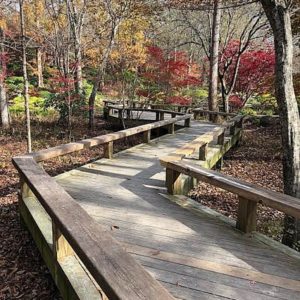 Only two regulars recognized the most recent Mystery Photo. George Graf of Palmyra, Va. and Allan Peel of San Antonio, Tex., spotted the meandering path through part of Gibbs Garden of Ball Ground. The photo came from Susan McBrayer of Sugar Hill, who enjoys the gardens several times a year.
Only two regulars recognized the most recent Mystery Photo. George Graf of Palmyra, Va. and Allan Peel of San Antonio, Tex., spotted the meandering path through part of Gibbs Garden of Ball Ground. The photo came from Susan McBrayer of Sugar Hill, who enjoys the gardens several times a year.
Peel wrote: “Today’s mystery photo is a shot of the Zig Zag Bridge, located in the Japanese Garden part of the 220-acre Gibbs Gardens in Ball Ground, Ga. Gibbs Gardens was 30 years in the making and was the love and passion of Jim Gibbs, founder of Gibbs Landscape, one of Atlanta’s largest landscape companies. He spent a good deal of his personal fortune and decades of work and patience during the cultivation of the gardens for its grand opening in March 2012. The overall design of Gibbs Gardens was influenced by years of working with well known Atlanta gardener Dottie Fuqua, and a visit to Japan in 1973 where he studied with a Japanese master gardener. It is no coincidence that the bridge depicted in today’s mystery photo is of a ‘Zig Zag’ design. This is because the Japanese believed that evil spirits could only travel in straight lines.”
We’re hurting for more good Mystery Photos
Camera clickers, we need for you to send in more good Mystery Photos. Just make sure there is some landmark, feature, or face that might be a good clue to the photograph. And the more colorful or stunning, the better!
Roving Photographer Frank Sharp made this distinctive photograph, which reminds us of two steeples, that of the First Baptist Church of Lawrenceville, and the steeple with a star on the unusual Christmas tree across the street at the Lawrenceville Lawn.
GwinnettForum is provided to you at no charge every Tuesday and Friday.
Meet our team
- Editor and publisher: Elliott Brack, 770-840-1003
- Managing editor: Betsy Brack
- Roving photographer: Frank Sharp
- Contributing columnist: Jack Bernard
- Contributing columnist: Debra Houston
- Contributing columnist: George Wilson
More
- Location: We are located in Suite 225, 40 Technology Park, Peachtree Corners, Ga. 30092.
- Work with us: If you would like to serve as an underwriter, click here to learn more.
Subscriptions to GwinnettForum are free.
- Click to subscribe.
- Unsubscribe. We hope you’ll keep receiving the great news and information from GwinnettForum, but if you need to unsubscribe, go to this page and unsubscribe in the appropriate box.
© 2020, Gwinnett Forum.com. Gwinnett Forum is an online community commentary for exploring pragmatic and sensible social, political and economic approaches to improve life in Gwinnett County, Ga. USA.


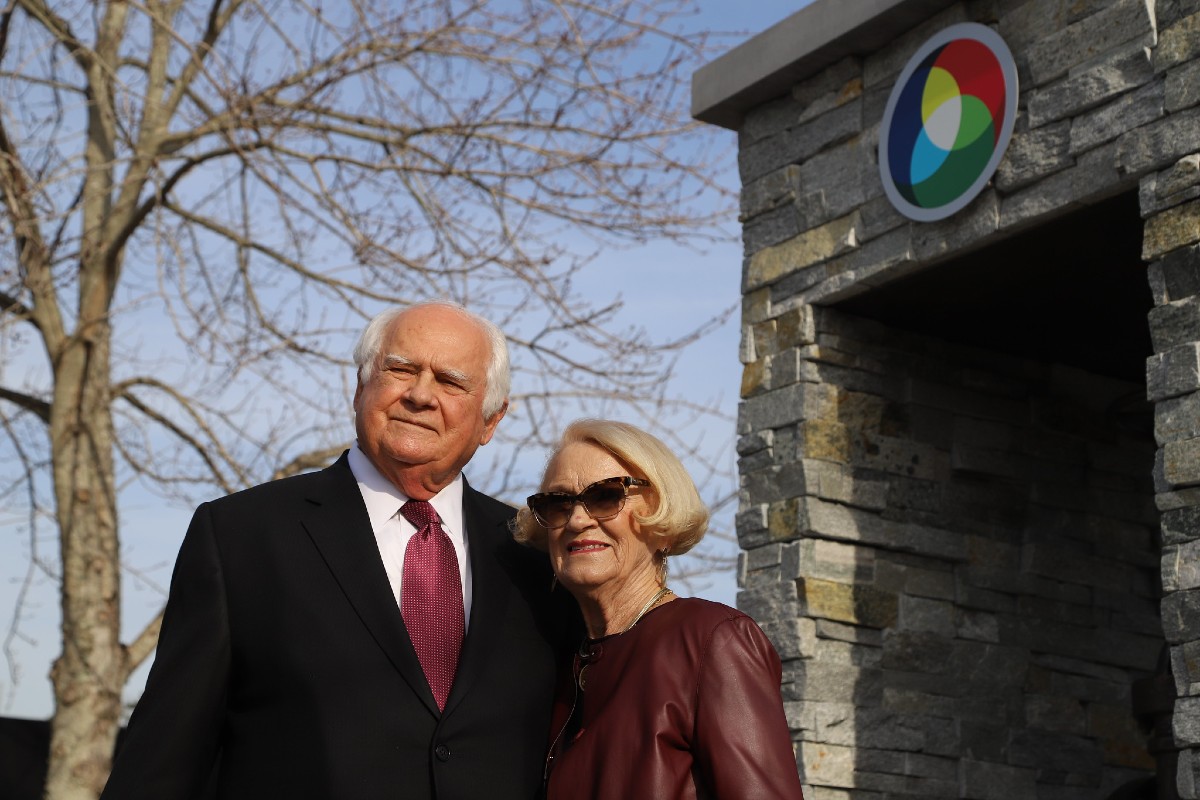



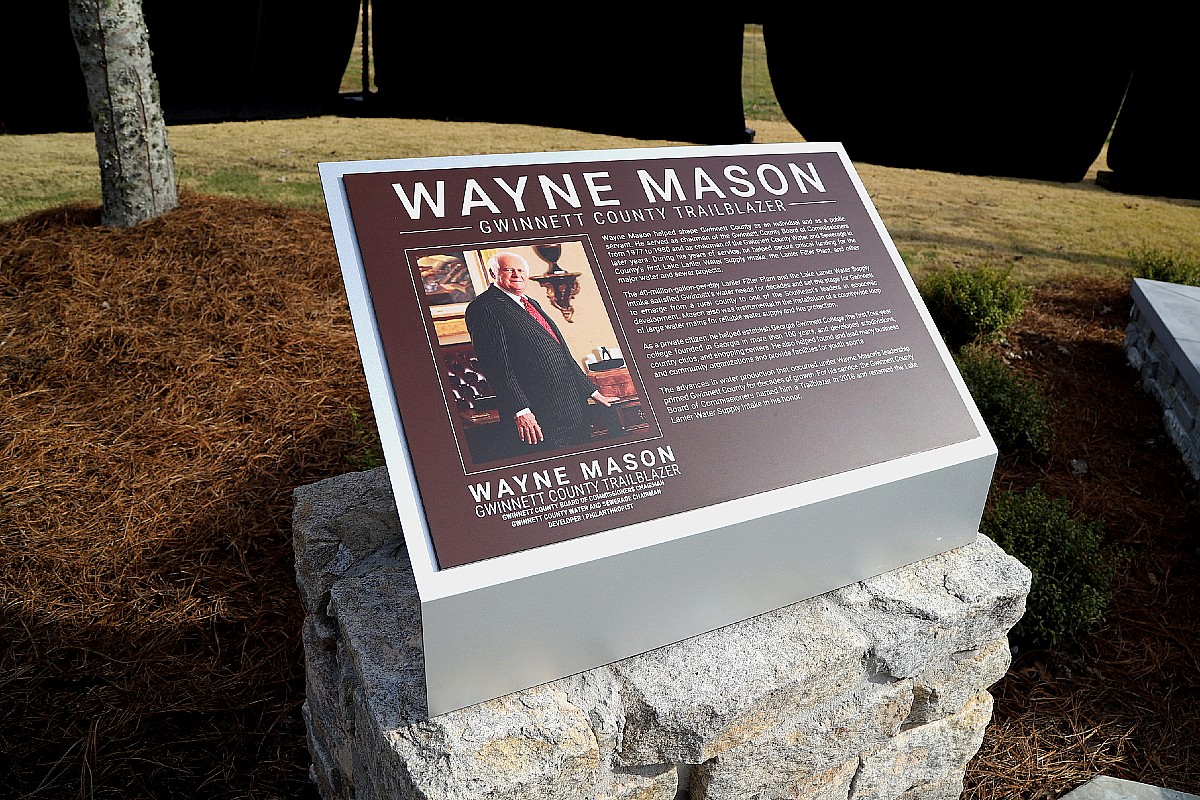
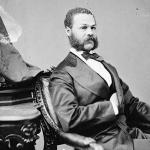
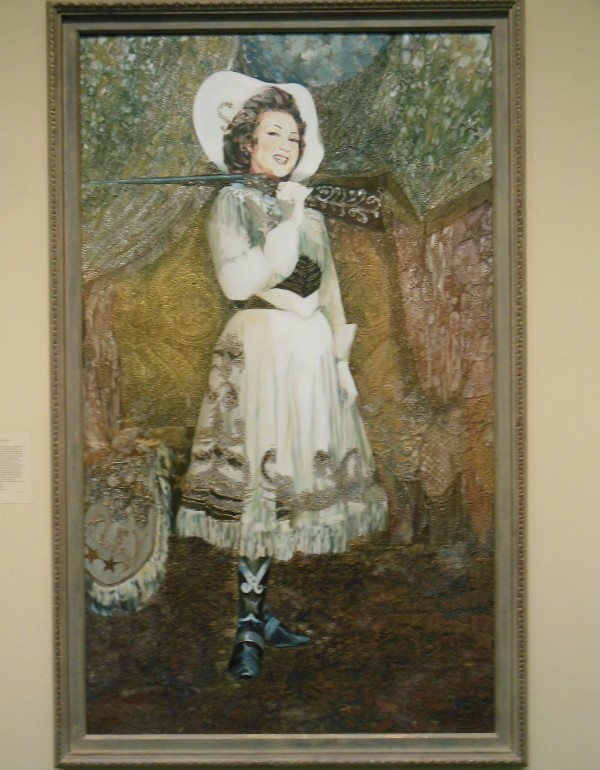








Follow Us